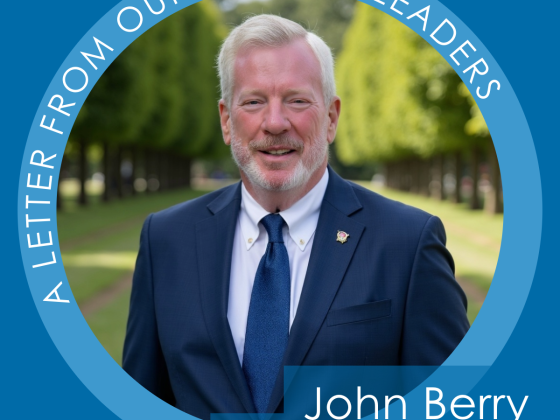By Timothy Williams, Senior Director of Formation & Leadership Development
As Vincentians, we understand this to be a calling, a vocation. Each of is called to serve God as a member of the Society, seeing Christ in the neighbor, and growing in holiness through our service. While the meetings and the works of the Society demand much from us, our Rule tells us that our vocation asks much more than that; that it is a “vocation for every moment of our lives.” [Rule, Part I, 2.6]
How could it be otherwise? Our Vincentian vocation is simply our specific way of living the universal vocation of all Christians, to seek holiness, to “be perfect, just as your heavenly Father is perfect.” This is not a call to be perfect only at Sunday Mass, or Monday Conference meetings, or on home visits. It is a call to be reborn, to be transformed, to be like Christ, fully united with God in eternal life.
So how do we seek holiness in “every moment?” How do we live our vocation, for example, at work? In Christifidelis Laici, Pope Saint John Paul II explained that “in discovering and living their proper vocation and mission, the lay faithful must be formed according to the union which exists from their being members of the Church and citizens of human society.” [CF, 59] In other words, we seek to be in the world, but not of it, as Jesus prayed.
We need look no farther than Blessed Frédéric to find a model to follow. For Frédéric there was no demarcation between Sunday and the rest of the week, no boundary between his prayer and his action, no separation between the secular and the spiritual life. In his teaching, he saw it as his duty to serve the university, but always to serve God in doing so. “I belong both to the church and the university,” he explained, “I believe that I have partly succeeded when, in a public lecture to an audience of every belief and party, I profess Christian teaching with simplicity.” [475, To M Soulacroix, 1843]
While he “proudly professed our faith and refuted contrary systems, striving to fulfill our vocation as professors in a Christian manner and to serve God in serving wholesome teaching,” he also believed it important “that our lectures not be looked upon by our colleagues as provocations demanding a reply and that, if some are strangers to the faith, they not be made its enemies.” [516, to Foisset,1843]
He prayed before every lecture for the Holy Spirit to guide him, and his dedication to his students was total. Hearing of criticism for missing too many classes during his illness, he was unoffended. Instead, he literally arose from his deathbed, and walking into the classroom with assistance, began his lecture saying “Gentlemen, our age is charged with selfishness, and professors are stated to be affected with the general complaint. Yet, it is here that we wear out our health, and use up our strength. I do not complain, our life is yours; we owe it to you to the last breath, and you shall have it. As for me, if I die, it will be in your service.” [Baunard, 358-359] He loved his students as he loved God, with all his strength. It was his last lecture, and perhaps his finest.
Contemplate
Do I seek to serve God in all that I do?



Thanks for a very timely reminder of what it is we’re doing when we meet our neighbors and bring their needs back to our conferences, and the quoted illustration of our founder’s sacrificial faith.